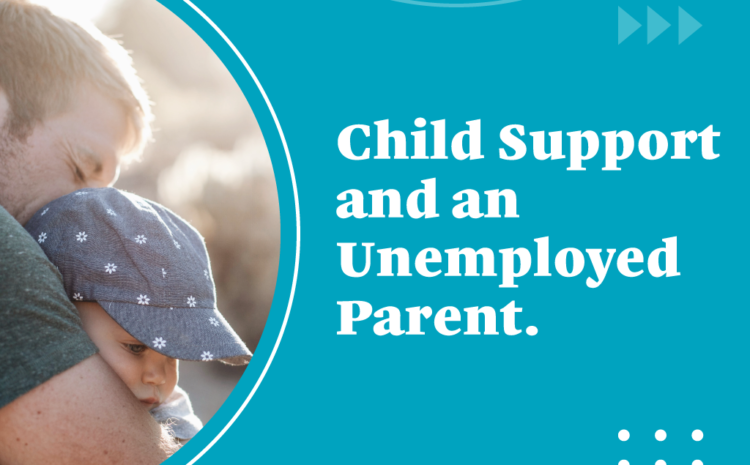
How do you handle a situation where your ex plans on using your child support for their rent? Will taking it to court be beneficial, or should you simply pay up? Jessica Anderson explains your options in her legal segment Love Court on the Alice 96.5 Morning Show.
The Context
Jessica received a letter from a recently separated man (we’ll call him Jack) seeking advice on how to approach a child support dispute with his ex. Jack has a daughter with his unemployed ex, and she moved out of their home after their break up. The ex is now demanding that Jack pay child support for their daughter, which she wants to use to cover her rent. He is happy to pay for his daughter’s food and clothing, and he intends to have her stay with him two or three times per week, but he does not feel obligated to pay his ex’s rent as well. He wants to go to court, but he’s not sure how things will turn out.
The Answer
How would you handle the situation if you were in Jack’s shoes? Jessica begins by recognizing that rent in most areas can cost thousands of dollars, and Jack may not be required to pay that much. Child support is typically calculated based on the gross income of the parent. While Jack does not specify his income, child support is always calculated using the statutory amount.
The primary goal of child support is to ensure that the child lives in a similar environment in both households. The child cannot live in a sprawling four-bedroom mansion with one parent and a studio apartment with the other. Child support is also intended to cover the cost of the child’s basic needs, so if Jack is paying child support, he will not have to pay for his daughter’s food and clothing. Their custody schedule is crucial in determining how much child support must be paid. If he has joint custody, he will receive a downward deviation for child support because she also has a child support obligation. The court will consider both parents’ income and calculate how much each parent would pay, then offset the amount. If he earns more than she does, he will make up the difference.
If one of the parents is unemployed, the court will assign them an income. This is due to the fact that his ex cannot simply decide that she does not need to work because Jack will pay her rent. The judge, in this case, will consider her earning potential if she was working. They might say she could at least be earning minimum wage somewhere and then use that figure to calculate what her income would be if she was living up to her earning capacity and then base child support on that figure.
What To Do If You’re In a Similar Situation?
Child support disputes are common in the United States, so don’t be concerned that you’re venturing into uncharted territory. Almost one in every two children will witness their parent’s divorce, and with over 12 million custodial parents in the United States, you have access to a wealth of experience and knowledge. It is strongly advised that you seek professional help from the start for case-specific legal issues such as child support disputes to ensure your actions are legal, your interests are protected, and your rights are upheld.
Anderson Keuscher PLLC is a leading law firm in Reno, Nevada, specializing in divorce law, child custody, visitation, child support, spousal support, alimony, child guardianship, adult guardianship, annulment, reproductive law, and other areas of family law. If you require legal services for your own custody issues or other family law concerns, please contact us, and we will gladly assist! We have been serving Northern Nevada for over 20 years and are dedicated to our community.
Call us at (775) 406-0305, or leave us an email to start child support the right way.
